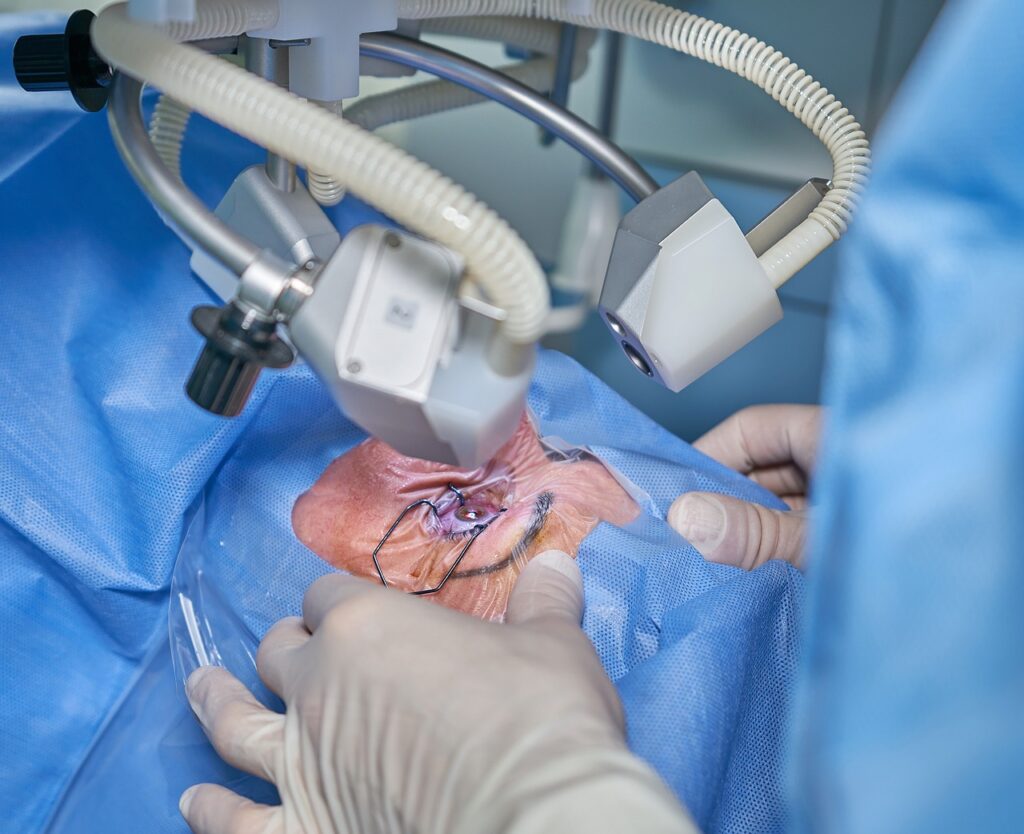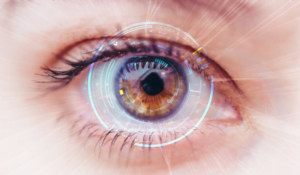
A startling amount of over 700,000 people worldwide now get LASIK surgery every year, making it one of the most popular cosmetic operations. It’s a practical alternative for vision correction because it’s an outpatient operation that allows patients to go home the same day. Before electing to have LASIK, it is important to comprehend the procedure, potential dangers, and issues connected with the procedure.
Knowing about LASIK surgery #understanding-lasik-surgery
A tiny flap in the cornea is made with a laser during LASIK surgery to repair vision problems. To restructure the cornea using an excimer laser, the surgeon gently lifts this flap. The corneal flap is repositioned after any necessary changes have been performed in order to promote healing. Correction of vision issues such astigmatism, nearsightedness, and farsightedness is the main objective of LASIK.
The Value of Knowledge-Based Decision-Making #importance-of-informed-decision-making
Despite the fact that LASIK is typically regarded as safe and successful, patients should be aware of any possible risks and consequences before having the procedure. Among these dangers are:
- Dry eye disease: Some people may feel dryness and irritation in their eyes after LASIK surgery. This happens because there are less tears produced when the body heals. The majority of the time, dry eye problems get better with time, although they sometimes linger.
- Nighttime Vision Issues: After LASIK surgery, some individuals may experience halos, glare, or difficulties seeing at night. Although these problems usually go better with time, they can be problematic in the beginning of rehabilitation.
- Flap complications: The corneal flap may occasionally cause difficulties. Wrinkles, irritation, or dislocation of the flap are a few examples of these that call for quick medical attention.
- Progressive Refractive Error: While LASIK can fix refractive defects, there is a chance that there may still be some residual errors or aberrations after the treatment. Additionally, when their eyes naturally develop and alter over time, some people might encounter a development of refractive defects. For individuals who are younger than 30, this is especially true.
- Unacceptable Results: Although the majority of LASIK procedures are effective, there are never 100% assurances. Dissatisfaction may result if the operation doesn’t always improve vision to the desired degree.
Considering the Benefits and Risks #weighing-risks-and-benefits
It is not advisable to make this decision carelessly. Before selecting a choice, it is essential to weigh all the dangers and difficulties. Patients must be aware of the possible side effects despite the fact that the operation can considerably enhance vision and quality of life. It is crucial to speak with a licensed eye care specialist who can accurately determine whether you are a good candidate for LASIK and offer tailored recommendations.
In summary, LASIK surgery is a well-liked aesthetic procedure that can successfully treat visual issues. However, patients need to be informed of potential hazards and concerns, such as flap complications, dry eye syndrome, and problems with night vision. The evolution of refractive errors as well as the potential for poor outcomes should also be taken into account. The choice to have LASIK should ultimately be made after thorough consideration and advice from a reputable eye care specialist.
Frequently asked questions
After LASIK surgery, the majority of patients see an improvement in vision within a few days. The eyes may not totally recover and stable for a few weeks.
Yes, LASIK is frequently done on both eyes at once to produce symmetrical and balanced vision correction.
Although there isn’t a set age limit, after the condition of the patient’s eyes has stabilized, LASIK is often advised for those over the age of 18. Younger individuals may have changing refractive errors, which disqualifies them as candidates.
Astigmatism, nearsightedness, and farsightedness can all be successfully treated by LASIK. For those with significant refractive errors or certain eye problems, it might not be appropriate.
The results of LASIK surgery are typically long-lasting. However, some people may encounter changes in their vision as their eyes get older and need more correction in the future.





Recent Articles:

Alleviating Digital Eye Strain: Tips for Screen Users

The Truth About Seeing in the Dark

The Myth of Green Improving Eyesight

The Dangers of Looking Directly at the Sun

The Risks of Using Smartphones in the Dark on Eye Health

An Examination of Visual Phenomena for “Ghost Images”




